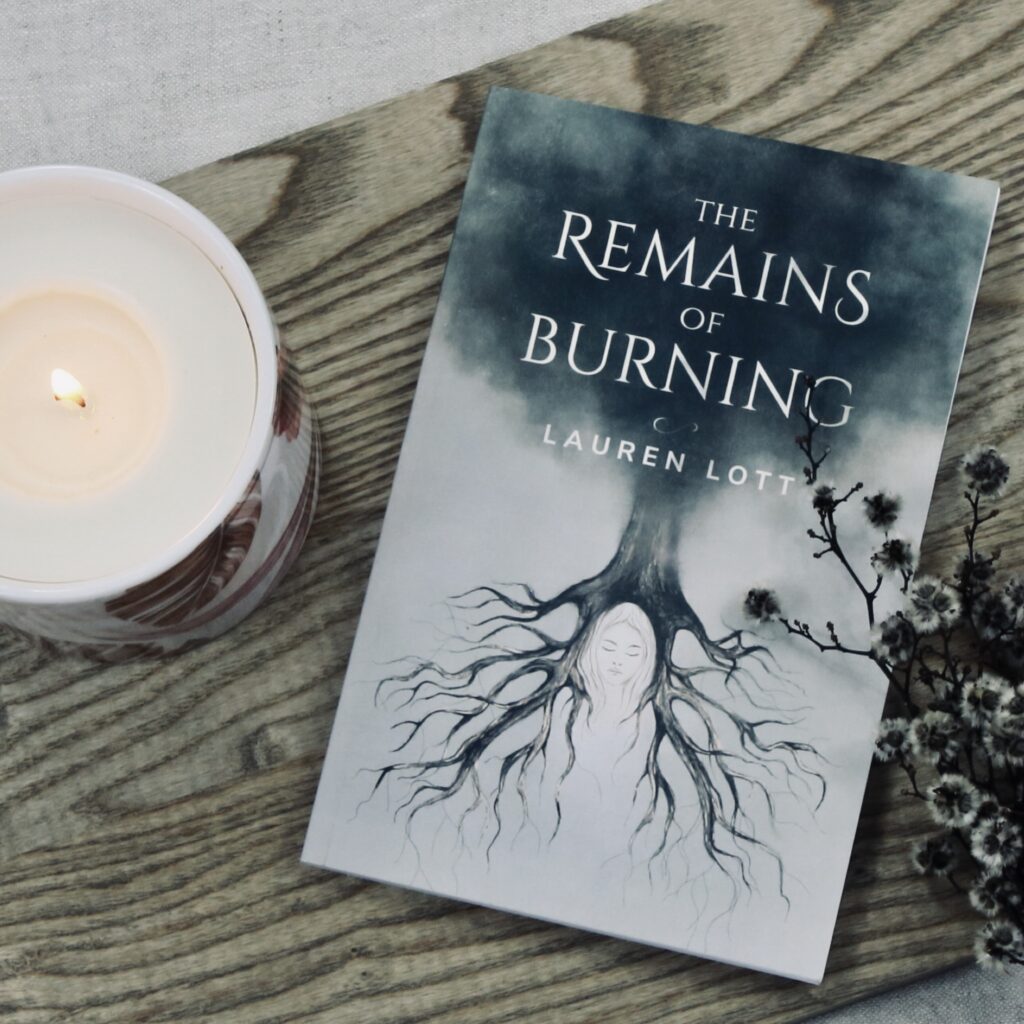Today, I’m excited to share with you the progress I’m making in bringing my next lil book into the world, ‘If You’re Looking for Brightness: Poems on Light and Where to Find It.’
My heart for this collection is to offer a little light in a world that at times seems to be on the brink of collapse. We all need someone to hold up a lantern in dark seasons and show us how to find perspectives full of luminous empowerment.
The Spark of Inspiration
Every book begins with a spark; a moment where the faint outline of an idea starts to glow with potential. For ‘If You’re Looking for Brightness,’ that spark was the concept of light—not just as a physical phenomenon but as a metaphor for hope, clarity, and discovery.
The idea struck during a rough patch. I remember scribbling in my journal one evening, “All I need is a glimmer.” What I was really reaching for was just a tiny hint of insight, a sign to help me keep pushing forward.
We’ve all been there, haven’t we? Sometimes, all it takes is a simple “thank you” or an “you’re doing okay” from someone to keep our spirits up and our heads above water.
I started reflecting on all the times I’ve managed to move forward, all the different ways light had reached me in the past. I realized that there are four main ways I find the clarity and strength I need during those foggy times—when I’m unsure about my next steps, who I am, or how to move past a challenging moment.
These sources of light for me are found in love, pain, living things, and my own spirit.
The Light in Love
When I’m going through tough times, seeing love in action can be incredibly life-giving. All I have to do is notice the many ways love has been shown to me. Whether it’s a warm hug from a friend, those quiet moments of understanding with my husband, or just some encouraging words from someone—anyone—it all counts.
How do we bring more light into the world? It’s simple. We start by giving our attention to all the love we’ve received and continue to receive.
The Light in Pain
Although it’s often unwelcome, I’ve learned that pain is a profound teacher. It shines a light on what truly matters, stripping away the superficial and leaving only the essentials.
Pain challenges me to grow, to reshape my life, and to emerge stronger. It’s in these moments of discomfort and challenge that I gain deep insights into my own resilience and capabilities, teaching me lessons that comfort never could.
The Light In Living Things
There is an undeniable light in the natural world. I feel that living things often offer me a sense of connection to something larger than myself, grounding me in the present and rekindling my sense of wonder and possibility.
Recently, nature has been an incredible source of healing for me. It inspired me so much that I wrote a book of musings titled ‘A Strong and Fragile Thing,’ capturing the wisdom and wonder of the natural world.
I can’t explain exactly how it works, but somehow, just ten minutes under a tree, in the ocean, or looking up at the sky seems to bring everything into clearer focus.
The Light Within My Own Spirit:
There’s the light that comes from within—my own spirit. This internal flame fuels my creativity, drives my persistence, and nurtures my hope. It’s a personal sanctuary of wisdom, always ready to guide me when I take the time to listen.
This light is perhaps the most personal and potent, for it is shaped by my experiences, beliefs, and dreams. Simply, I believe we’re equipped with an innate radar that helps us detect great things hidden just beneath the surface of our everyday lives, things we might never notice unless we dig a little deeper.
Anticipating the Release
Looking ahead, there’s much to do. The next steps involve more revisions, professional editing, cover design and eventually, the release. Look out in the coming months for the exact release date, cover art reveal and a list of where you can grab your copy.
If you are interested in being a first reader and receiving your own digital copy in exchange for an honest review, I’d love to hear from you. Contact me here.
The Ever-Evolving Path
Creating ‘If You’re Looking for Brightness’ has truly shown me the beauty and complexity of the writing process. It’s not just about crafting words—it’s a deep dive into learning about myself and how light can blaze even in darkness.
As I move closer to the final stages of getting the book ready for release, I want to encourage you to keep chasing those bursts of inspiration.
Keep looking for light in your own life and then write it down. The light you see today might just be the brightness you or someone else needs tomorrow.






